Unfortunately the track record for practically all species on this planet has not been one of smooth transition. It’s usually the case that unforeseen circumstances bring about cataclysmic change, but there’s a chance that a few of us may survive into the distant future as long as we understand where we screwed up and make appropriate changes.

source
In the video a couple of paragraphs below, I have a few minor quibbles about the focus (agency of climate change) and a few things were omitted, but they are not important enough for me to disagree about what the solution actually is. Just for the record, with only 150 years of relatively modern weather history data collection, we don’t fully understand trends that span tens of thousands of years. Also, the fossil record shows that greenhouse gasses were much more of a problem during the Mesozoic era, yet life survived, but I digress…
Regardless, our dependence on fossil fuels needs to come to an end. Continuing to use the liquid decay of long extinct creatures will eventually lead to our decay. We need a new industrial revolution; one that eliminates parasitic costs (what Rifkin refers to as “marginal costs”) so that the new methods of survival are sustainable.
source
The reason I bring EOS into this is because it’s a general purpose smart contract blockchain that is the basis for a “decentralized operating system” capable of running governments. I’d say the first decentralized OS, but Ethereum was supposed to be that by introducing Turing completeness to the bitcoin blockchain. The problem is that so far Ethereum hasn’t been able to scale to handle the number of transactions necessary for global commerce.
There are currently two blockchains that have solved the scaling issue (Steem and Bitshares) and both were written by Dan Larimer. He’s currently working on EOS which generically extracts the special use cases found in Steem and Bitshares into an all purpose smart contract blockchain.
However, civilization doesn't do transition well. There will be those in authority who will resist this change failing to recognize that the problem is embedded within authority itself. It can't understand the lesson of terrorism because to understand it, is to cease to exist.
It will want to carve out it's own space for control while subjugating everyone else to its authority. The problem with "please excuse our terrorism and punish their terrorism" is that it leads to escalation of conflict. The Trumps and the Kim Jong Un's of the world are both the problem. If somehow the world is left with only one tyrant, that tyrant has an absolute monopoly and it will become a parasite big enough to kill its host (the planet earth in this case).
The answer to this dilemma is to introduce decentralized forms of control which will make these old forms obsolete. Consensus no longer requires a president and "strong leadership" is just another appeal to submit all our problems to authority. Our values have to change to recognize that consensus driven change is better than authority driven change or we will head into destruction.
Most people of course have no idea what I'm talking about. Well, technically, it's possible to replace your politicians with code. In this system, we take on the task of representing ourselves instead of having politicians do it. This kind of a system is flat, while the former forms of authority were hierarchical.
There's a reason why hierarchical systems have formed the basis for cooperation in the past and this has to do with the Dunbar number. We've had trouble sustaining cooperation when exceeding this number without the use of some sort of authority or hierarchical structure for coordination. This is why a flat system typically doesn't scale well because large groups have trouble staying on the same page.
The solution to this is a trustless (that is that trust isn't necessary for functionality) P2P based flat network that arrives at consensus using game theoretical algorithms to derive fairness while achieving proposed goals. At this point, I believe that EOS will be the operating system that has the largest adoption as long as it comes out working this June without any major flaws. Of course this trend will take a few years to develop fully.
In the mean time, existing governments will most likely make this process much more difficult, but will eventually succumb to the equity drain caused by various cryptocurrencies that make national fiat obsolete. This means that those of us currently involved in this space will potentially become targets of government coercion and violence until this new means of control replaces it.
Security in IoT (Internet of Things)

source
Andreas Antonopoulos once said that the "S" in IoT stands for security. That's why most of the IT currently being created will lead to a digital panopticon. There are some trends that are heading into the wrong direction in this regard...
- Paypal files patent
- Cloud Act violates 4th Amendment
- Amazon centralization continues to put retailers out of business
The list could go on. The basic problem is that the importance of scope is not being respected (aka government overreach). In programming, when you violate scope (by creating global variables for example), you can introduce side effects (or bugs) in your software. You create easy access points in which hackers can exploit for a large reward. Centralization of data is one of the mistakes that IoT is currently making. In some respects, this can be harmless, but in others (such as Equifax) it could be devastating.
What this essentially means is that presidents are like global variables. Ideally for a program to run well, there should be no global variables. The more there are, the more buggy your program is likely to become. Globalization is a bad idea for the same reason. Localization of variables is how one solves (encapsulates) programming issues. The same is true in nature. You solve problems by breaking them down, not by building them up. Of course government loves the latter because it gives them "raison d'etre".
EOS can come to the rescue by using the blockchain to secure IoT data. As it is right now, you have to trust the companies collecting that data not to abuse that privilege. The scope issue is resolved by distributing private data instead of centralizing it. I have a hardware wallet that secures all my private keys for various cryptocurrencies. There's no reason why identity data (in the rare cases it is actually needed) can't be secured locally instead of globally. If authority was worried about forged ID's, it need only understand that such forgeries after initial creation would result in invalid hashes that are easy to discover.
Additionally, blockchain immutability would ensure the accuracy of IoT data. Instead of that data being closed source and proprietary, it should be open source so that the community can use it to all of our benefit. Closed systems create informational siloes making them more prone to increased cost and inefficiencies and make ascertaining security preparedness impossible to verify.
The geopolitical implications of this technology are absolutely enormous, but only time will tell whether we end up in a digital panopticon (big brother on steroids) or a star trek kind of future.
Donations (public bitcoin address):
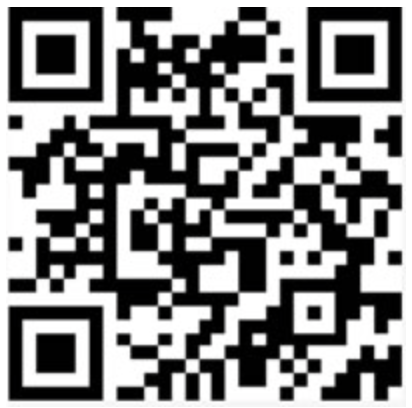
3FwxQsa7gmQ7c1GXJyvDTqmT6CM3mMEgcv

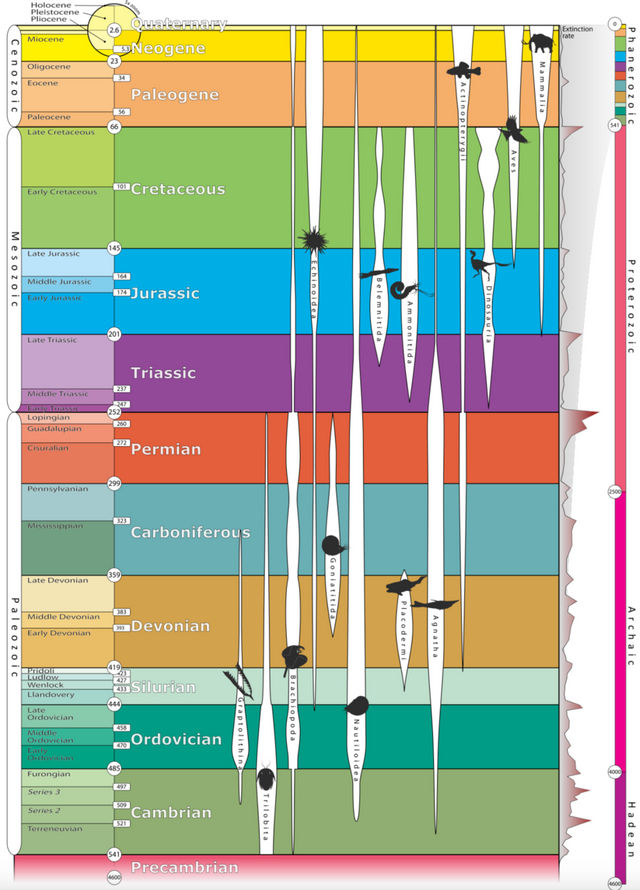

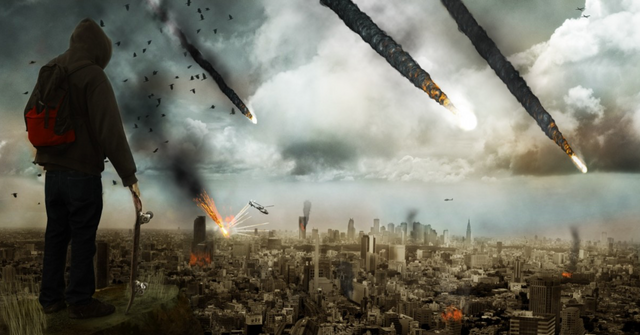
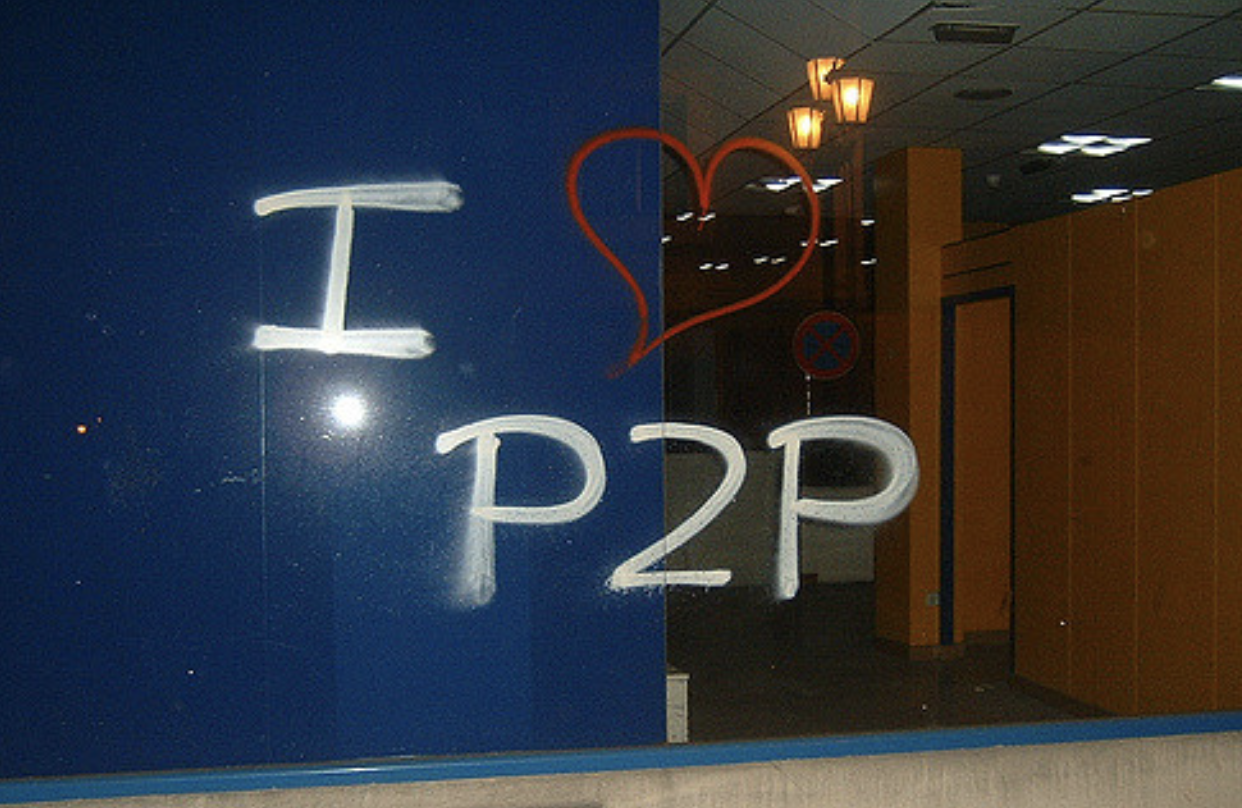
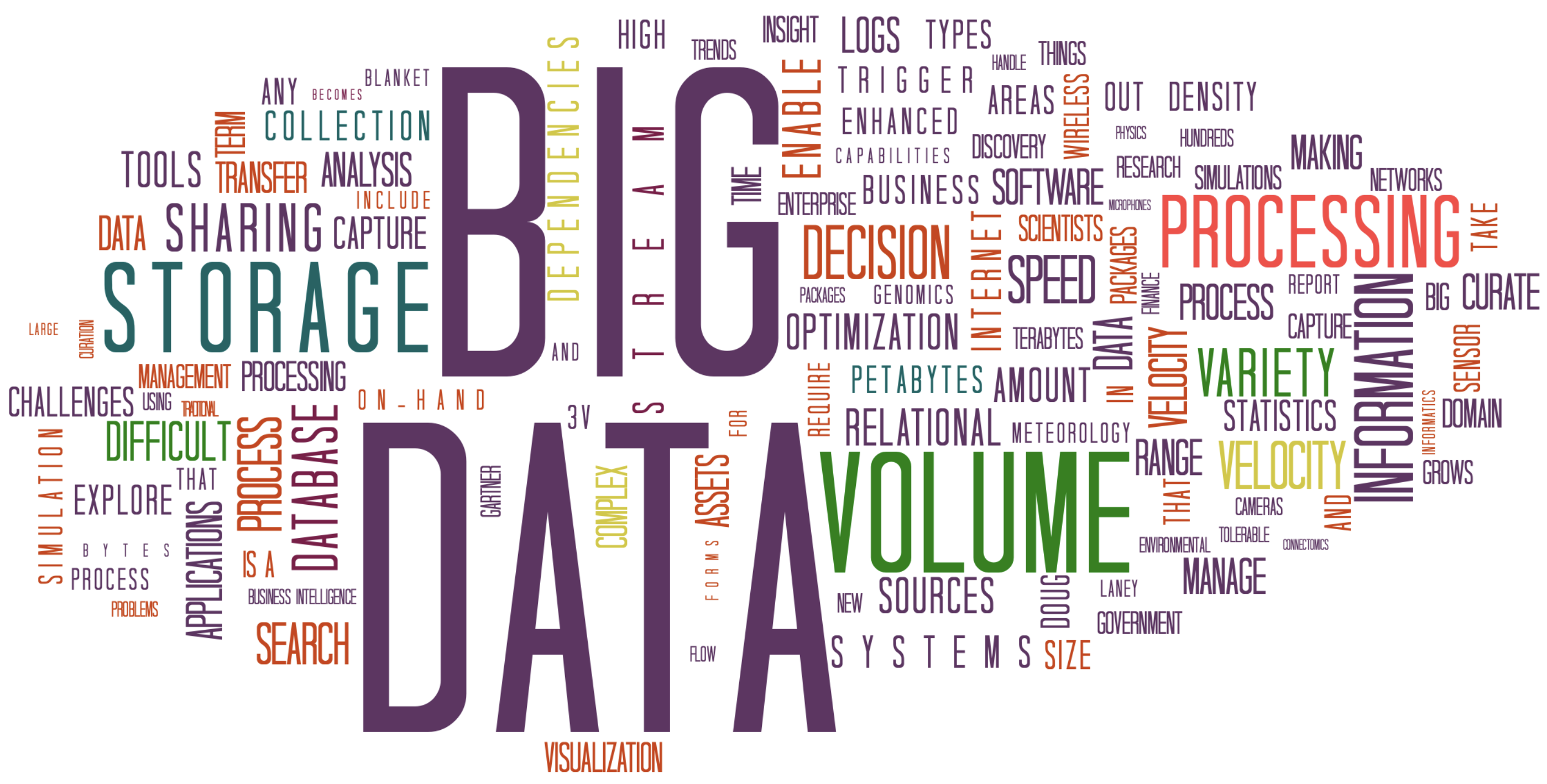
Excellent topic. And right when the Petro gets banned.
Now by a 'decentralized operating system':
Are you referring to computer hardware or software web applications?
I know the lines continue to get blurry- I am not a programmer.
We can replace politicians with code, but not humans. Better off replacing Political Parties with code and assigning humans an AI assistant. I forsee big problems in this area with the advent of VR replacing flat screens.
Downvoting a post can decrease pending rewards and make it less visible. Common reasons:
Submit
hi @zoidsoft , It's good post! I enjoyed your content. Keep up the good work!
It's always nice to see good content here on Steemit! Cheers :)
Downvoting a post can decrease pending rewards and make it less visible. Common reasons:
Submit
Thanks for sharing cryptocurrency update providing news.
I appreciate your valuable post.
Best of luck.
Downvoting a post can decrease pending rewards and make it less visible. Common reasons:
Submit
Great post taking a look at the bigger picture! I'd say, democracy (where it works) isn't such a bad thing, the good thing about blockchain in that sense, might be, that it's global, so you can easily establish worldwide decision making, without digging through institutional inertia. and particular interests.
Downvoting a post can decrease pending rewards and make it less visible. Common reasons:
Submit
EOS is a great project! and it will introduce a very good dApps to the world. Receive this vote from @nextvote community!
Downvoting a post can decrease pending rewards and make it less visible. Common reasons:
Submit
Revolution
Downvoting a post can decrease pending rewards and make it less visible. Common reasons:
Submit
Downvoting a post can decrease pending rewards and make it less visible. Common reasons:
Submit
Downvoting a post can decrease pending rewards and make it less visible. Common reasons:
Submit
You got a 9.32% upvote from @postpromoter courtesy of @zoidsoft!
Want to promote your posts too? Check out the Steem Bot Tracker website for more info. If you would like to support the development of @postpromoter and the bot tracker please vote for @yabapmatt for witness!
Downvoting a post can decrease pending rewards and make it less visible. Common reasons:
Submit